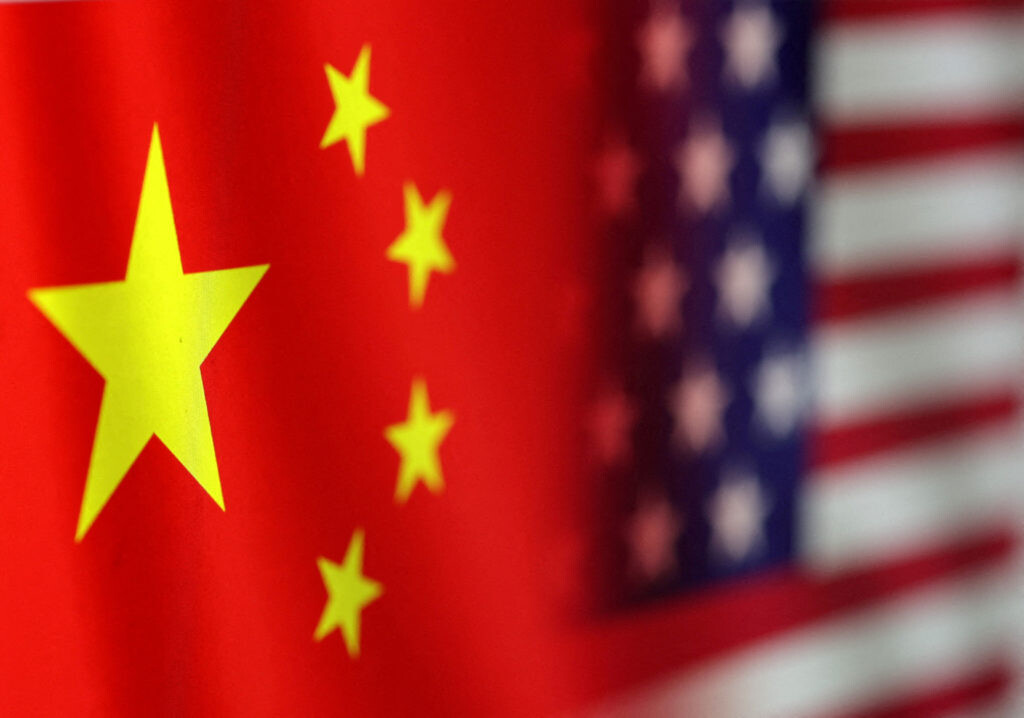
WASHINGTON—The trade conflict between the United States and China has dramatically re-escalated after U.S. President Donald Trump announced on Friday (October 10, 2025) a plan to impose an additional 100% tariff on Chinese imports, effective November 1. This aggressive countermeasure comes in direct response to China's sweeping new export controls on rare earth elements, which Beijing announced on Thursday, October 9, 2025.
Trump's Tariff and Export Control Announcement
President Trump made the announcement on his social media platform, Truth Social, stating that China had taken an "extraordinarily aggressive position on Trade" by sending an "extremely hostile letter to the World" detailing plans for "large scale Export Controls on virtually every product they make." This is widely interpreted as a reference to China's expansion of rare earth export restrictions, which are critical for industries ranging from defense and aerospace to electronics and electric vehicles.
The new 100% tariff will be levied over and above any existing duties. Given that the current average U.S. tariff on Chinese goods is approximately 55%, this additional levy is projected to raise the total average tariff to around 155%, potentially suffocating Chinese exports to the U.S. market.
Trump also declared a corresponding move in the technology sector: "Also on November 1st, we will impose Export Controls on any and all critical software." He suggested the implementation date could be accelerated "depending on any further actions or changes taken by China."
China's Rare Earth Controls Escalate Tensions
China's Ministry of Commerce (MOFCOM) had announced new, comprehensive export control measures on rare earth-related items, citing national security concerns. These restrictions significantly broaden the scope of controlled materials, extending beyond the raw elements to include processing technologies, related equipment, and even products manufactured abroad that contain trace amounts of Chinese-origin rare earths or were produced using Chinese technology.
Crucially, the new Chinese regulations also make it extremely difficult to obtain export licenses for materials destined for foreign military users, a clear signal of Beijing's intent to leverage its dominant position in the global rare earth supply chain for geopolitical gain. China currently controls over 70% of global rare earth mining and an even higher percentage of processing.
APEC Meeting and Market Impact
The sudden escalation has immediately jeopardized diplomatic efforts. President Trump suggested that a previously scheduled meeting with Chinese President Xi Jinping at the upcoming Asia-Pacific Economic Cooperation (APEC) summit in South Korea later this month now "seems to be no reason" to go forward. This potential cancellation further underscores the deepening rift between the world's two largest economies.
Financial markets reacted sharply to the news. Following Trump's initial threats, Wall Street suffered a major sell-off, with the Dow Jones Industrial Average dropping nearly 900 points (-1.90%), the S&P 500 falling 2.71%, and the technology-heavy Nasdaq Composite plummeting 3.56%. The market instability reflects grave concerns among investors that the renewed tariff war could destabilize global supply chains and lead to a significant slowdown in world commerce.
Analysts warn that the exchange of high-stakes trade barriers, which had seen a fragile de-escalation earlier in the year following negotiations, risks a full-blown trade war with dire consequences for the global economy.
[Copyright (c) Global Economic Times. All Rights Reserved.]




























